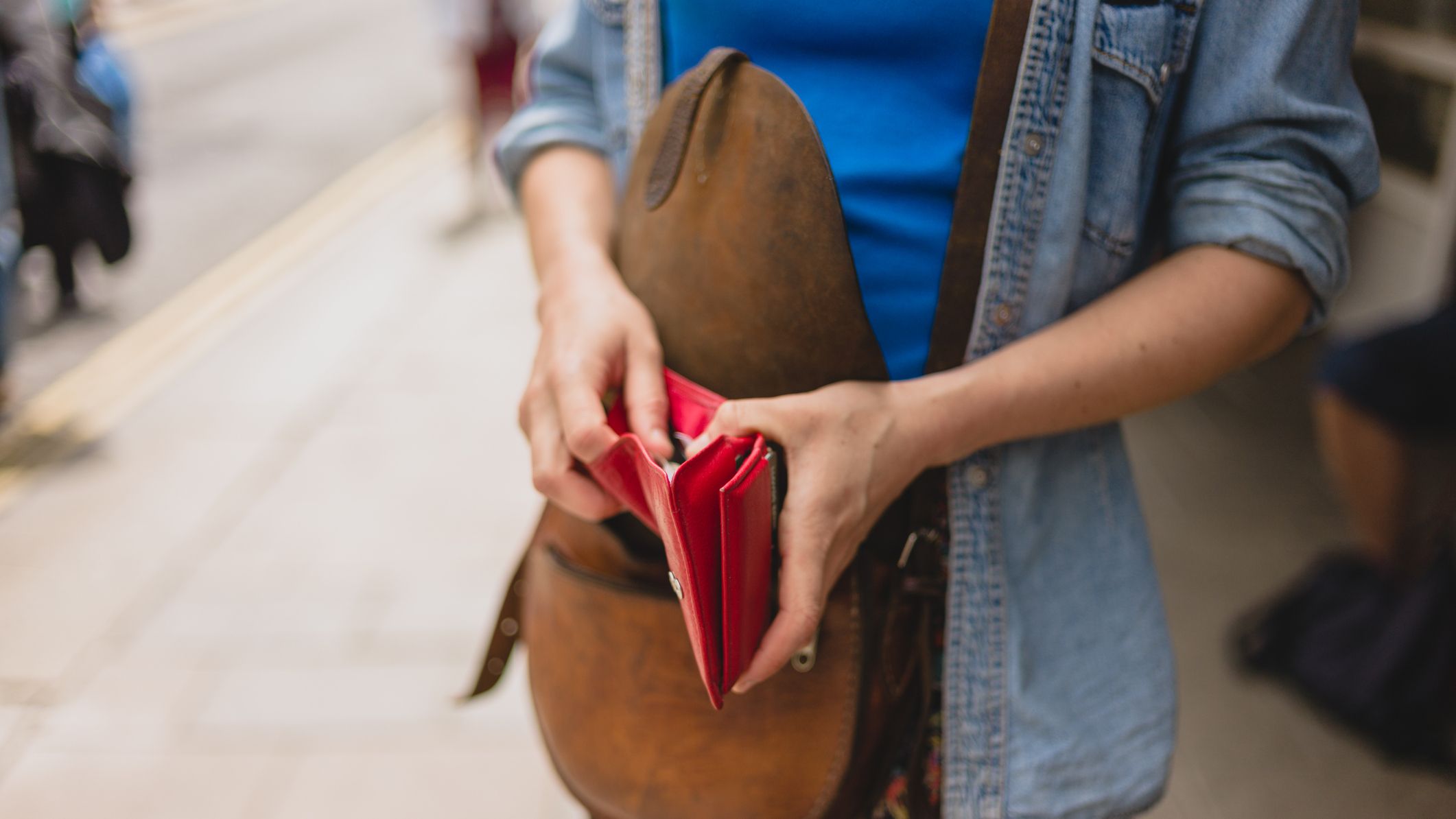How Much Should I Have in My Emergency Fund?
Peace of mind comes with a price.

Should you have an emergency fund? Short answer: if you think you could need a financial cushion in the future (so: most of us), yes—but there isn't a catch-all amount you can put away every month and feel 100 percent secure about. I've put together your no-bullsh*t guide to an emergency fund: What you need, when you might need it, and what your alternatives look like.
I’d say the most common response is some version of X months’ worth of expenses. Your expenses are what you typically spend in a month, which are (hopefully) less than what you typically earn in a month. (And if your monthly expenses are fat—start trimming. Now is the time to cover the basics, not indulge in luxuries.) Some feel comfortable with one month’s worth, three months, six months, or a year.
Here’s what I consider an emergency: job loss. Your fund would protect you from being homeless, going hungry, sitting in the dark, or ignoring a health matter. And if it’s substantial, you can afford to wait until the right thing comes along instead of taking whatever you get because you’re desperate.
Here’s what I don’t consider an emergency: A vacation (though I get it—sometimes it feels like you need one pronto). An unanticipated medical situation (including for pets.) An unexpected home or car repair. Even if you hadn’t planned on them, such expenses could be considered inevitable—just like rain will eventually fall, so have a rainy day fund.
Budget by designating savings buckets; some banks will let you divide your savings account into subaccounts. So have a “Hiking in Banff” fund. A home repair fund for when the roof springs a leak or the boiler needs replacing. A car repair fund for when a tire blows, or even a new car fund. And if you’re anything like me, a dental work fund, because that stuff isn’t cheap.
Some people don’t feel the need to have an emergency fund at all, because, lucky them, they have excellent job security or they’re in a high-demand field they could easily land another position. Or they have a spouse/partner who can cover them for a time. Or they dislike the opportunity cost of keeping a potentially sizable sum liquid instead of investing it. They figure they can put emergency expenses on a 0 percent interest credit card, tap a HELOC, sell equities, withdraw contributions from a Roth IRA held for more than five years, etc. or any combination of these. If that works for them, cool.
I want a reserve of cash ready when needed, and the peace of mind that comes with a vanilla savings account is worth more to me than any potential earnings in the market. But I don’t have an emergency fund per se. I have a catch-all amount that covers a certain period of time in the event of a job loss, but it’s also what I used when my fridge died, when I was hit with a large tax bill, and when I needed a dental implant and root canal at the same time that insurance barely covered, even though I prefer to cash flow expenses whenever possible. (It also doubles as dry powder if the market drops, and no, I’m not recommending timing the market, even though that’s exactly what I’m doing.)
Get exclusive access to fashion and beauty trends, hot-off-the-press celebrity news, and more.

I tend to think the worst (when I go hiking, I think, How would I get out if I broke my ankle, and there’s no cell service? or You could hide a body in that overgrown ravine and no one would ever find it. But not in Banff, which was lovely!), so I want a healthy cushion. I’ve seen the consequences of an inadequate fund, and it’s not pretty.
What does this mean for you? Figure out how you’d manage with no income for however long you think you’d be out of work (the Bureau of Labor Statistics says as of August 2019, the average duration of unemployment is about 5.5 months), determine your comfort level in various scenarios depending how big your fund is, and plan accordingly.
For more stories like this, including celebrity news, beauty and fashion advice, savvy political commentary, and fascinating features, sign up for the Marie Claire newsletter.
RELATED STORIES


Riza Cruz is an editor and writer based in New York.

